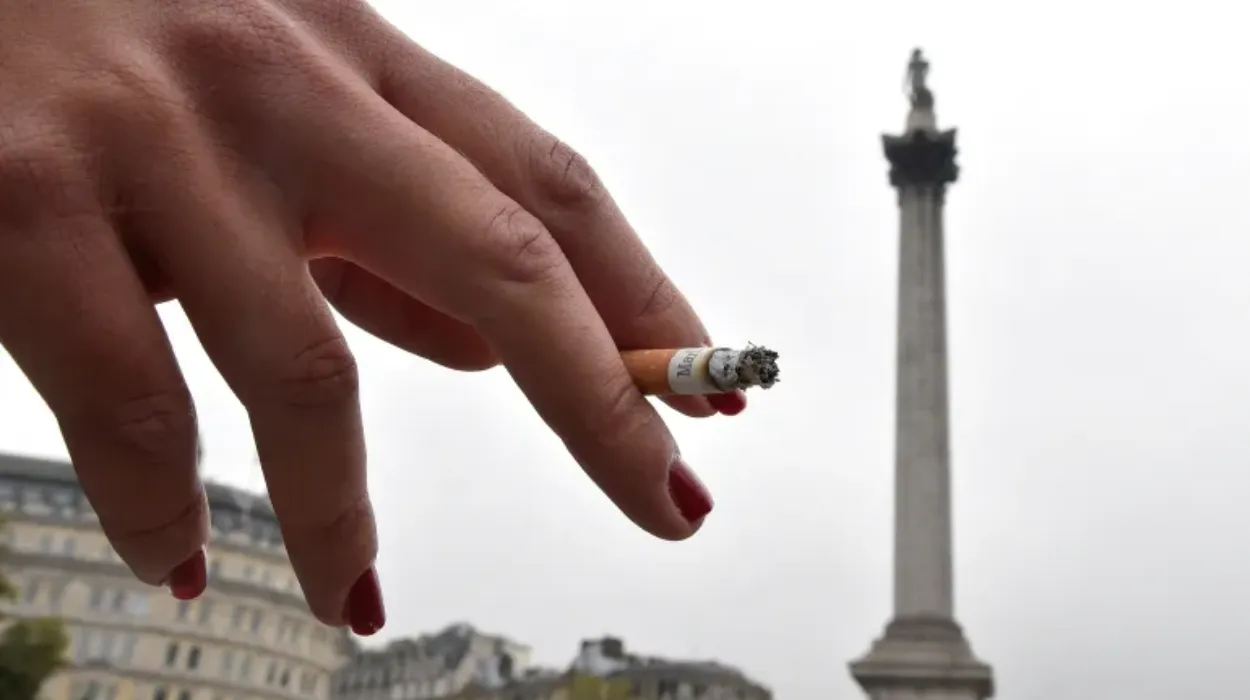Britain is set to implement strict measures to phase out smoking, one of the leading causes of cancer deaths in the country. On Tuesday, Parliament approved the government’s historic plans to create a “smoke-free” generation. The aim is to reduce smoking-related illnesses, which are a significant burden on the National Health Service (NHS).
MPs voted 383-67 in favor of the Tobacco and Vapes Bill, overcoming opposition from some Conservative members who oppose state intervention in people’s lives. The bill, which must still pass the House of Lords, seeks to bar cigarette sales to anyone born after January 1, 2009, gradually increasing the legal age limit year by year. The goal is to eradicate youth smoking by 2040.
Shops selling cigarettes and vapes to underage buyers could face on-the-spot fines, with more severe penalties already in place for repeat offenders.
Chris Whitty, England’s chief medical officer, said the legislation is expected to help smoking die out almost completely over time. Currently, 13% of UK adults—around 6.4 million people—smoke, causing about 80,000 deaths annually.
The bill also tackles youth vaping by restricting flavors and packaging, aiming to make it less appealing to children. Though vaping is seen as less harmful than smoking, it is not considered risk-free by the NHS.
Public support for the measures is strong, with about two-thirds of Britons backing the phased smoking ban. Health Secretary Victoria Atkins stated, “Nicotine robs people of their freedom to choose,” noting that many smokers regret ever starting.
However, some MPs argue that the bill infringes on personal freedom. Former Prime Minister Liz Truss criticized it as “virtue-signaling,” and Business Secretary Kemi Badenoch expressed concerns about its enforceability and potential infringement on rights.
The legislation is a key policy for Prime Minister Rishi Sunak ahead of the upcoming general election, which polls suggest the opposition Labour Party could win. Sunak hopes the UK’s efforts will lead the way for other countries to adopt similar anti-smoking strategies.
The plan is modeled after New Zealand’s legislation, which aimed to prevent a generation from taking up smoking. Other countries like Portugal and Mexico have also implemented similar measures, while Canada has introduced printed health warnings on individual cigarettes.
The World Health Organization reports that tobacco kills over eight million people annually, including non-smokers exposed to second-hand smoke. With the new ban, the UK government hopes to prevent over 470,000 cases of smoking-related diseases by the end of the century.


